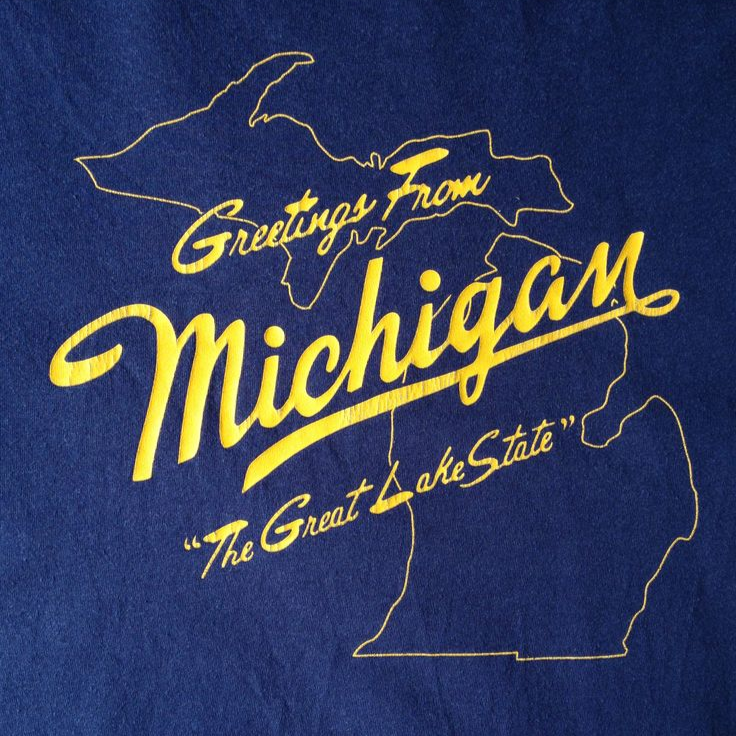For the sake of furthering the discussion outside of albums, it’s also worth zooming down to a micro level to look at individual songs. While I tend to listen (and think of things) in terms of albums, it’s undeniable that songs are the main component at play. In fact, a single song is probably the reason for you checking an album out in the first place. Thinking “hey I like this one thing, maybe I should check out the rest” is how I’ve discovered most of the music in my library.
But this same framework of “growers” can easily be applied to songs too. When listening to an album the first time, occasionally only individual songs will jump out at you right away. I love Lost in the Dream by The War on Drugs, but for the first dozen or so times I played the album, the only song I could remember was the opener “Under the Pressure.” That song had a memorable chorus, a catchy riff, and a driving rhythm. It alone is the sole reason I kept coming back to the record, but each time I put “Under the Pressure” on I’d find myself thinking ‘ah, I’ll just let the rest of the album play.’ Eventually, the rest of the record revealed itself to me and individual songs emerged from what was once an amorphous blob of sun-drenched heartland rock.
I did the exact same thing with Young Thug’s breakthrough 2015 album Barter 6. I’d already had a passing interest in Thug thanks to his previous collaborative efforts with Rich Homie Quan, so I gave Barter a semi-attentive spin and left underwhelmed. After a glowing Pitchfork review (Point #3) I gave the album another shot but couldn’t find myself getting past the first track. In a good way. I kept relistening to the album opener “Constantly Hating” and every time I tried to move onto something else, this transfixing opener drew me back in. Soon Barter 6’s second track grabbed me just as hard. Then the third. Then a single. Then a late album track. Eventually, I was listening to the whole thing front-to-back and enjoying every song. Individual songs are a viable path to an album becoming a grower, and while I don’t like digesting albums piecemeal, sometimes that approach can allow an album to creep up on you over time.
Final Thoughts
At the end of the day, there’s a difference between feeling lukewarm on an album then giving it a few more chances and hating an album but feeling like you’re obligated to listen because you “should” like it. Usually, there’s some redeeming quality that brings you back, God knows there’s plenty of albums I’ve heard once then forgotten forever.
Patience is key, and that receptivity can lead to an album becoming better over time. With pop music, I feel like there’s an individual tipping point that everyone hits where you go from fully-embracing a song to actively combatting it. We don’t all have the time or patience to devote ourselves to “difficult” albums, so sometimes the road less traveled is less appealing.
After writing all of this, I’ve come to the conclusion that my initial theory is a flawed. Like many things, it’s not universal. There’s no one “right” answer or perfect framework that applies to all of music. This theory still works on a case-by-case basis, but there’s nuance to every genre, artist, and song, and this broadness makes it hard to view music through such a broad lens.
If anything, a big takeaway is that there’s no one “better” genre, just different fits for different people. With all these possible elements at play, it’s easier to see how someone could gravitate towards one easier genre meanwhile a different person has cut their teeth in a different genre and has a more developed understanding of its intricacies.
And whether you look at it as “a grower” that gets better over time or a “shrinker” that driver you more insane with each listen, there is a point at which you are “forcing it” but (again) that varies from person to person. The only absolute is that there are no absolutes.
The truly compelling part of music is the way that you interact with it. What you bring to the experience and how you interpret the artist’s work. Whether it’s going track-by-track or listening front-to-back, or listening to one single song until you’re sick of it. Music is special because of what we project onto it. The memories we make around it.
It’s obviously incorrect to view all pop music as shallow, just as it’s incorrect to view all rock as deep, or all rap as thuggish. Everything is on a spectrum, and your perspective within the genre, the artist, your life, and the world all come into play when listening.
I don’t think there’s any defined “conclusion” to arrive at, just many different elements to keep track of. These frameworks can help explain why I like A while you like B. The absolute most important thing to take away from this is to keep an open and receptive mind.
I’ve recently come to the realization that my dream job, the one thing I really want to do, is to share things that I love with other people. To spread art, joy, and love in hopes that someone else is affected by these things the same way that I am.
That requires an objective mind, but you still won’t ever like everything. And that’s okay. You shouldn’t have to.
I think sharing things and spreading love is productive for the world.
It’s the most positive impact we can make on the world around us.
It’s spreading beauty.
Both being able to see why someone likes something and being able to share your own experience. It’s the one universal. The human experience. We all have unique perspectives, thoughts, and lives. Sometimes sharing is the only thing we can do.
Art is a bonding agent.
What we add to it is the special part.
Remain open.
Share your love.



































